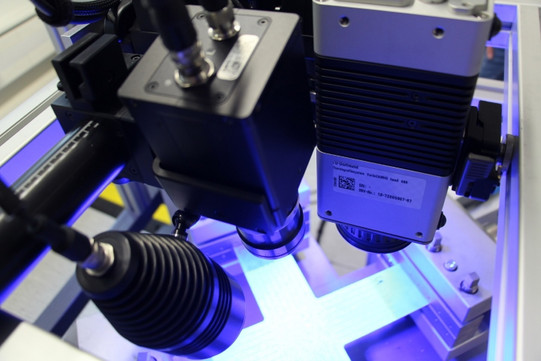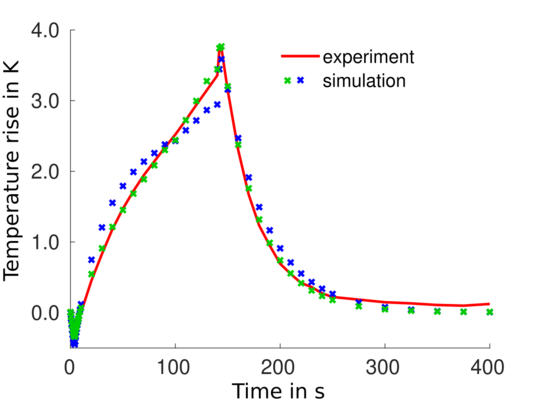Parameter Identification for Complex and Coupled materials
Material parameters are the basis of every phenomenological material model and precise parameters are therefore required for any kind of predictive simulation. While the identification of material parameters for purely mechanical material models has been state of the art for several decades, the identification of coupled material models has only now been the focus of research. Main challenges are the design of suitable experiments, which adress all underlying material parameters, the development of data type specific pre-processing routines for experimental data, as well as the formulation of a usefull objective function, combining and weighting multiple physical quantites in a reasonable manner. As a bridge between theoretical solid body mechanics and application, paramter identification requires a deep understanding of the underlying thermodynamic principles and material modelling approaches, paired with knowledge from material science about the internal mechanisms of the material.
Contact: Lars Rose



